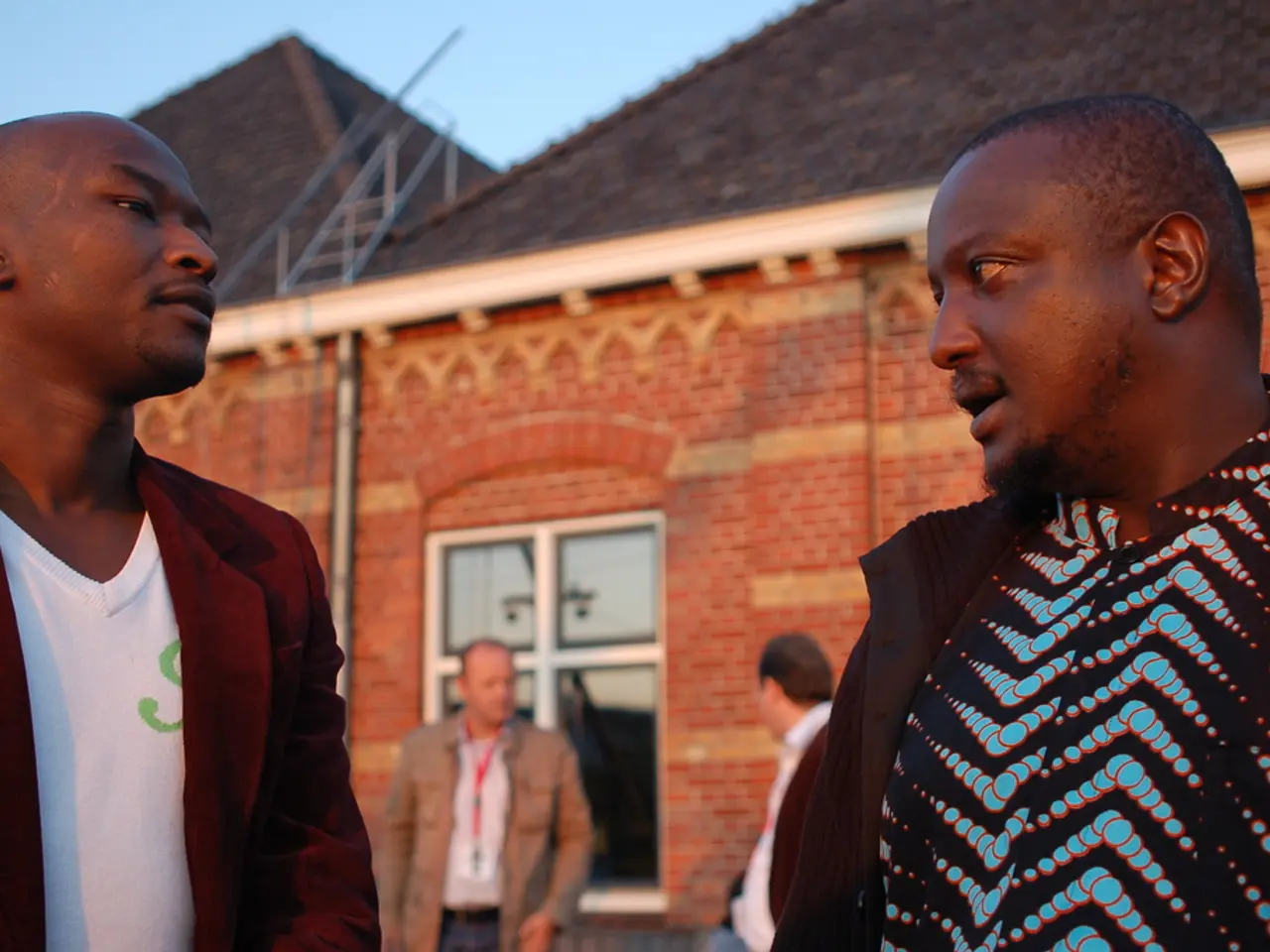Struggling schools lament delayed funding, assert retired educators
The current status of capitation fund disbursement to schools in Kenya faces significant reductions and delays, posing a serious challenge to the delivery of free quality education. According to Indimuli Kahi, former national KESSHA chairperson and long-serving principal of several schools, the government has slashed the capitation for secondary schools from about KSh 22,244 to between KSh 16,428 and KSh 16,900 per learner.
This reduction and delayed disbursement have imposed severe constraints on public schools, leading to budget shortfalls and a host of challenges. Schools are struggling to cover tuition, operations, and co-curricular activities costs, resulting in increased financial strain, debts to suppliers, unpaid salaries for non-teaching staff, and the need for schools to fundraise or push parents to pay fees despite the official stance on free basic education.
These issues have raised concerns from education stakeholders that the quality and affordability of learning are at risk, threatening the sustainability of free basic education in the country. The Treasury Cabinet Secretary John Mbadi and Education CS Julius Ogamba have acknowledged the financial unsustainability of the current funding model, citing Kenya's rising debt levels and budget constraints as key reasons for the cuts and delays.
Education committees have criticized the National Treasury for persistent underfunding and slow capitation disbursements, which risk overwhelming public schools. Indimuli Kahi, in a bid to address this issue, presented a petition to Parliament in 2024, informing Kenyans that schools were owed Sh64 billion by the government. However, since then, no action has been taken.
The situation has led to schools having to lay off teachers, resulting in overcrowded classrooms and higher student-teacher ratios. Co-curricular activities have suffered, denying students opportunities to develop talents and skills outside the classroom.
In 2027, Indimuli Kahi declared his bid for the Vihiga governor's seat, aiming to shape policies to improve education, healthcare, and employment for young people. He urged the government to honor its financial commitments by releasing the full capitation on time, warning that continued delays would further erode education standards.
Indimuli Kahi's call for action comes as a group of former teachers, led by the retired principal, defended serving secondary school heads who have decried persistent delays in capitation fund disbursement. They noted that the government has, for years, left large amounts of funds undisbursed, forcing schools to accumulate pending bills.
In conclusion, the capitation fund cuts and delayed releases are undermining the delivery of free quality education in Kenya by reducing available resources for schools, negatively impacting operations, and forcing shifts toward alternative funding measures that burden parents and schools alike. This situation is causing growing concern over the future quality and accessibility of education in Kenya.
Read also:
- Inherent Skills Know No Bounds, Yet Access to Employment Remains Unequal: Suggestions for a More Equitable Job Market of the Future
- Harnessing Crowdsourced Research for the Preservation of Australia's Enchanting Wildlife Species via SeadragonSearch
- Living Situations of a Girl with "Fish Skin" Near Novosibirsk: Examination of Social Isolation Among Children
- Indonesia's fresh 10-year power acquisition scheme signals a positive shift towards reinforcing renewable energy: as perceived by investors and the JETP office.




